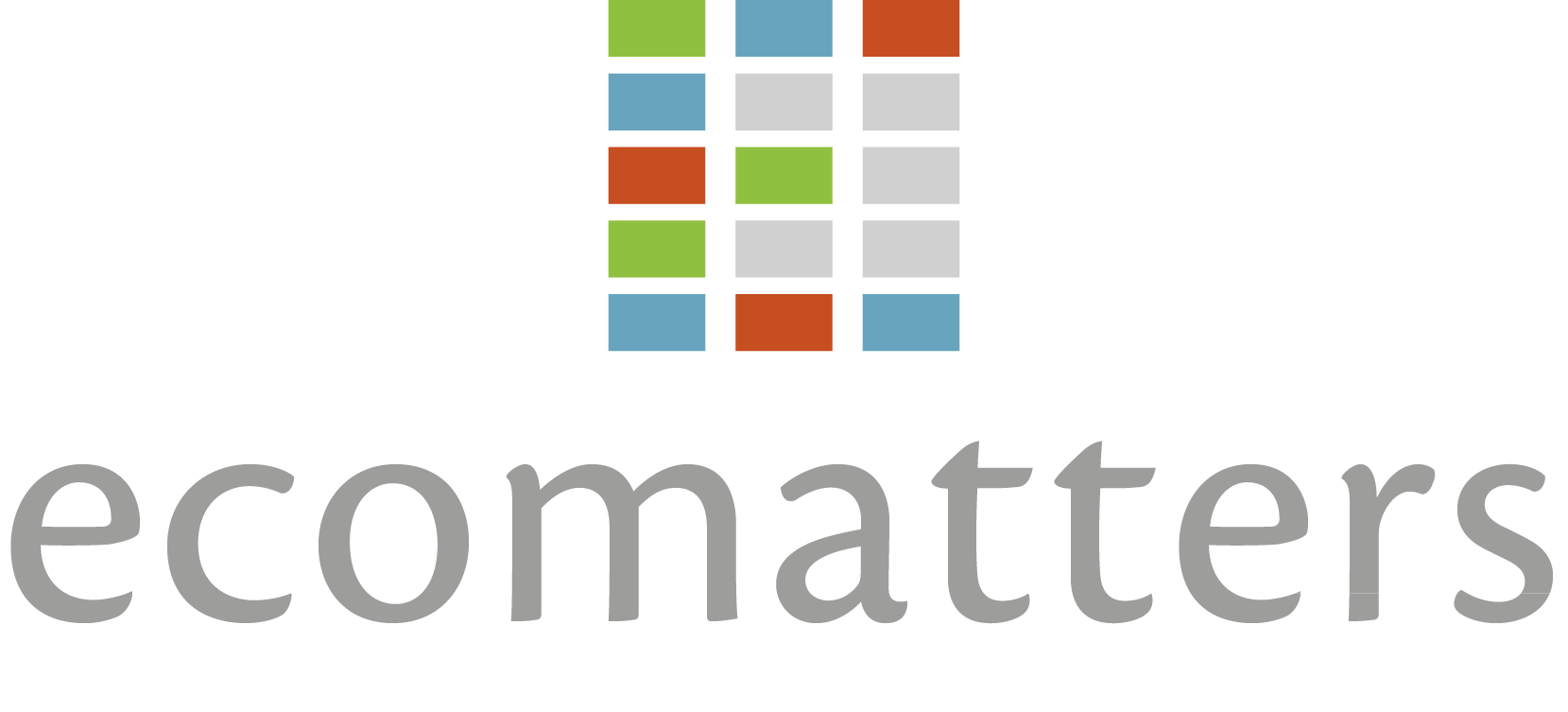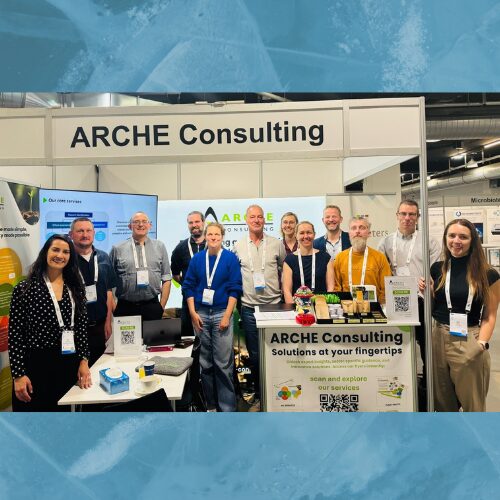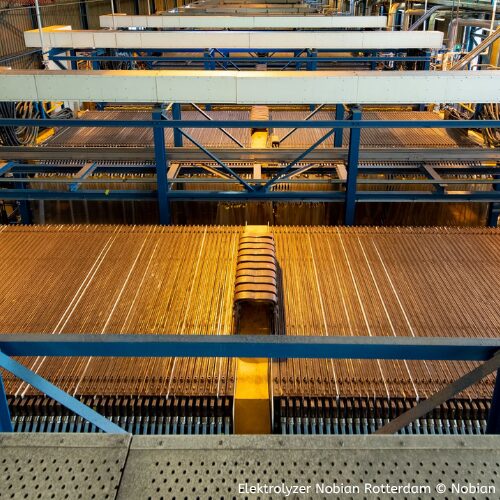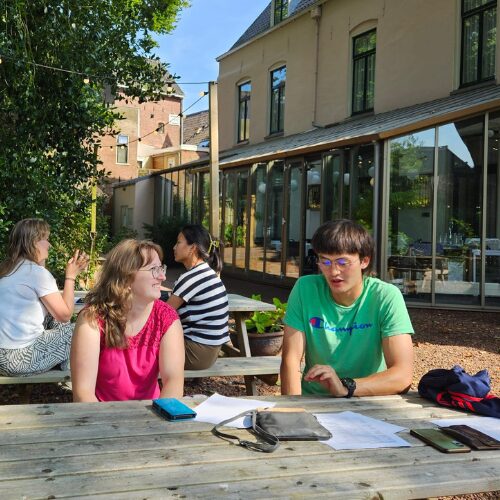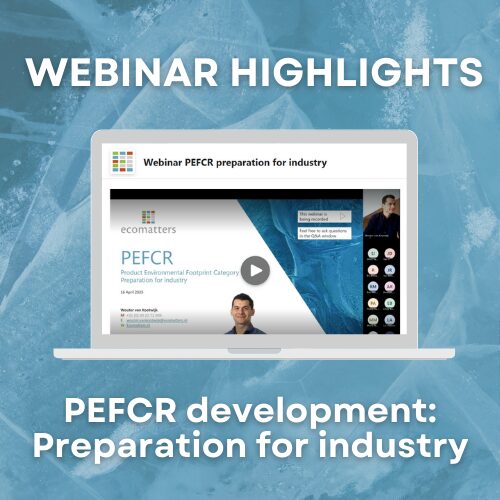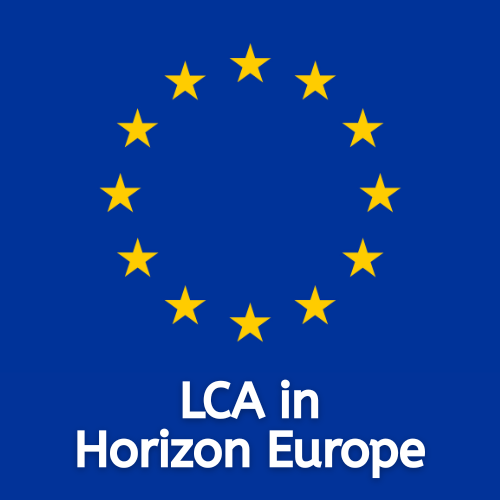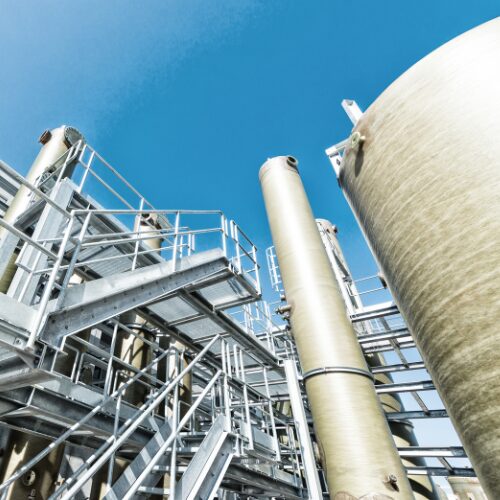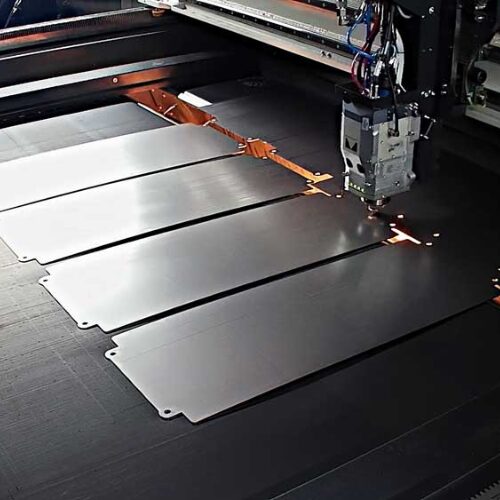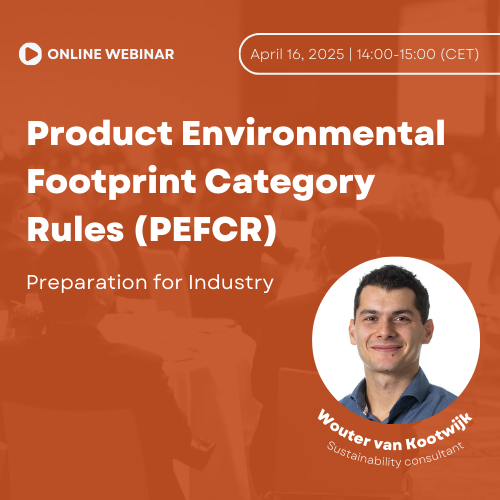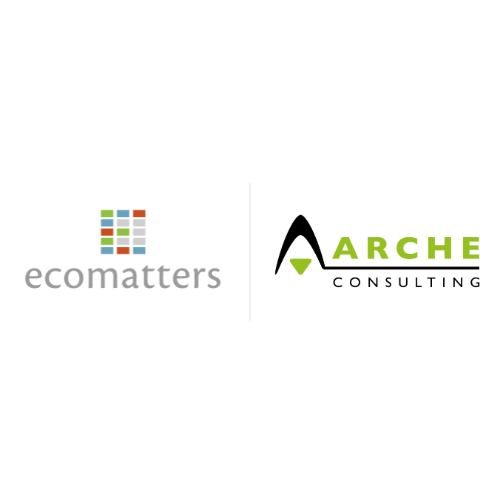On July 10-11, the EU-funded Project DECOAT, in which Ecomatters is a key partner, held a planned General Assembly meeting in Barcelona, Spain. As part of the project Ecomatters will perform Life Cycle Assessment of the DECOAT innovations. Preparing for the start of the assessments, our colleagues Natalia Chebaeva and Pau Huguet led a data collection workshop for the partners of the Consortium.
Data collection is a demanding and resource consuming stage of Life Cycle Assessments, and it has a critical influence in the outcomes of the studies. In research and innovation projects, where technologies are still in their inception, this poses a challenge to practitioners that needs to be addressed through close collaboration with researchers and partners. The data collection workshop addressed two main issues arising from the research consortium nature of the project. The first was constructing a coherent value chain for a product life cycle. In a consortium this can be challenging due to the involvement of multiple partners in development of innovative steps, which takes place in different processes and life cycle stages of the products. The second issue was enabling collection of data for the LCAs, which in research projects often is of high uncertainty and can change rapidly following changes in paths and parameters of the solutions.
The workshop achieved the set goals: engaged all of the partners and found an active response in participants. Although the participants had different levels of familiarity to life cycle assessments, everyone could relate to the LCA within the project and found it an interesting challenge for the upcoming data collection process. Researchers, technologists and industrial partners worked together to define the respective roles and positions to take the lead in the future LCA related activities. Our colleague, Pau Huguet commented on the outcomes of the workshop “The workshop has built common grounds to understand the value that the project partners can extract from LCA, and prepared them to efficiently approach the data collection process. This preliminary work will allow us to define customised data collection procedures that will minimise the resources needed for both partners and practitioners. At the same time, we will improve the precision and representativity of the data collected from preliminary stages to increase the quality of the results and outcomes of the studies”.
The DECOAT project investigates triggerable smart polymer material systems and appropriate recycling processes. The project consortium, led by Belgian R&D centre CENTEXBEL, consists of 17 partners from across Europe. The General Assembly meeting was devoted to the overall updates regarding the progress in all work packages, and had an aim to bring all partners together once again to discuss face to face the current developments and to coordinate the collaboration activities for the upcoming months.
We will keep communicating the progress of the project during the next months. If you want to know more about the DECOAT project, its’ goals, activities, and partners, please visit the site www.decoat.eu
